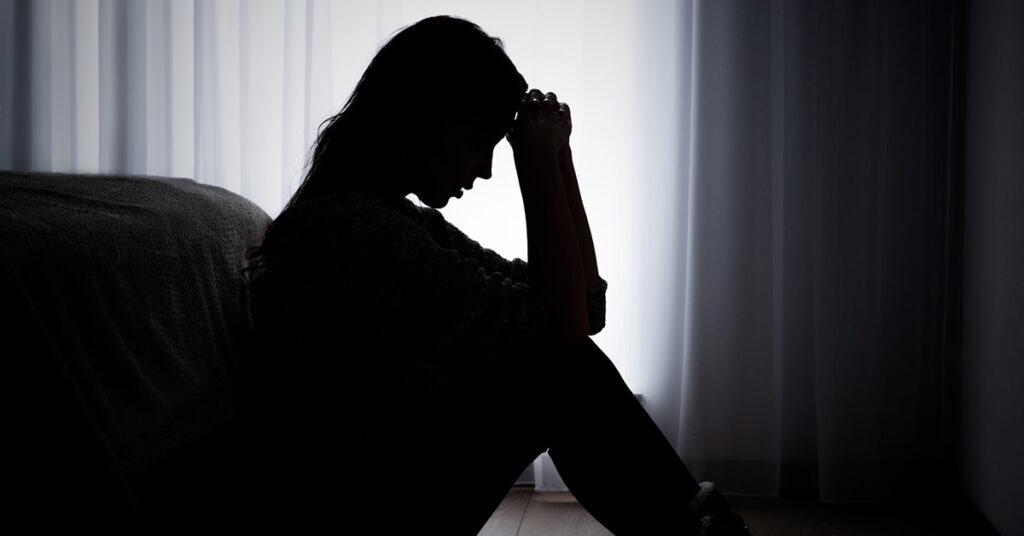
Hey there, my friend. Let’s talk about something that affects more people than you might think—depression. If you’ve ever felt like you’re stuck in a never-ending rainstorm of sadness, hopelessness, or emptiness, you’re not alone. Depression is a common and complex mental health condition, and today, we’re going to dive into it, share some insights, and hopefully, help you better understand it.
What exactly is depression?
Depression isn’t just feeling down or sad occasionally; it’s a persistent and often overwhelming sense of sadness, apathy, or despair that can last for weeks, months, or even years. It affects your thoughts, feelings, and physical well-being.
What causes depression?
There’s no one-size-fits-all answer because depression can be triggered by a combination of factors. It might be genetics, a chemical imbalance in the brain, trauma, chronic stress, or a major life change. Sometimes, it creeps in without any apparent reason, like a shadow that you can’t shake off.
How does depression feel?
Depression is different for everyone, but there are some common experiences. Imagine waking up and feeling like you’re carrying a heavy weight around your chest. You might lose interest in things you once loved, have trouble concentrating, and experience changes in appetite and sleep patterns. Sometimes, it feels like there’s a constant storm cloud over your head, and even on sunny days, you can’t find the light.
Is depression the same as feeling sad or having a bad day?
No, it’s not. Feeling sad or having a bad day is a normal part of life, but depression is something deeper and more persistent. It’s like comparing a rain shower to a never-ending downpour. If you’re experiencing these feelings regularly and they’re interfering with your daily life, it might be time to seek help.
Why is talking about depression so important?
Talking about depression is crucial because it can be incredibly isolating. When you’re in the midst of it, it’s easy to feel like you’re the only one going through this storm. But the truth is, millions of people around the world have faced or are facing depression. By talking about it, we can reduce the stigma and make it easier for people to seek help and support.
How can you help yourself or someone else who’s dealing with depression?
- Seek professional help: This is a big one. A therapist or counselor can provide you with the tools and support you need to manage your depression. Don’t hesitate to reach out—it’s a sign of strength, not weakness.
- Talk to someone you trust: Share your feelings with a friend or family member who is empathetic and understanding. Sometimes, just talking can provide immense relief.
- Self-care: Take care of your physical and mental health. That means getting enough sleep, eating well, and finding time for activities that bring you joy.
- Medication: In some cases, medication prescribed by a healthcare professional can help alleviate the symptoms of depression.
- Create a support network: Surround yourself with people who understand what you’re going through. There are also support groups where you can connect with others facing similar challenges.
Is there hope for people dealing with depression?
Absolutely, my friend. While depression can be a tough journey, it’s essential to know that there is hope. Many people with depression find effective treatments that help them lead fulfilling lives. It might take time and effort, but recovery is possible.
Remember, you are not alone.
Depression can make you feel like you’re trapped in a dark room with no way out. But please know that there is a way out, and there is help available. Reach out to a mental health professional, confide in someone you trust, and take small steps towards healing. The storm can pass, and there is sunshine waiting for you on the other side.
Have you or someone you know battled depression? What helped you or them on the journey to recovery? Sharing our experiences and insights can be a powerful way to support one another. Let’s keep this conversation going in the comments below.


